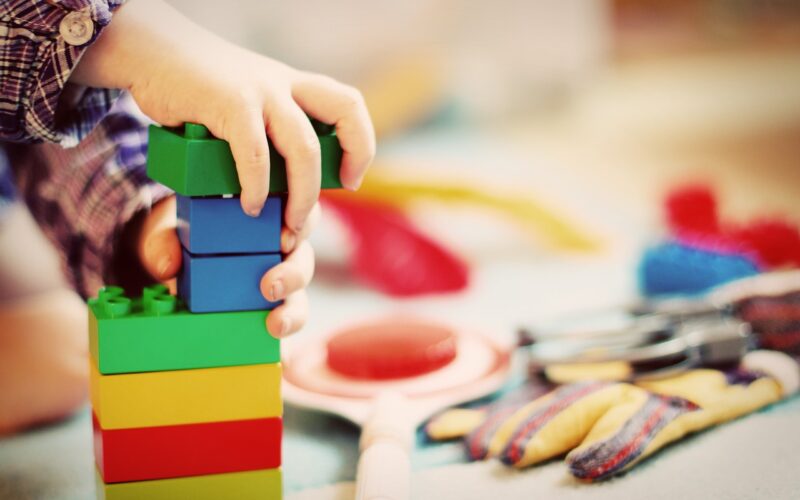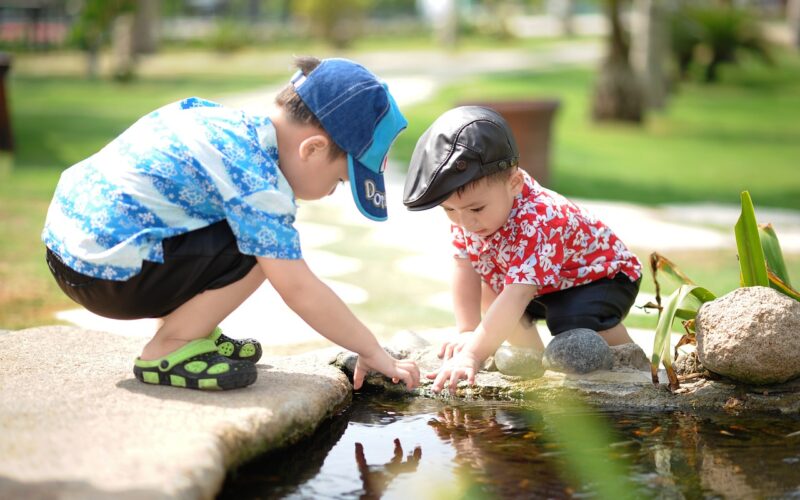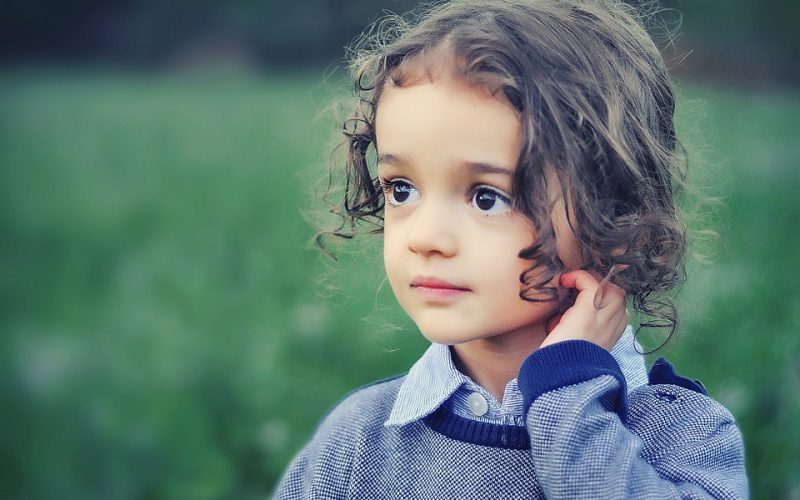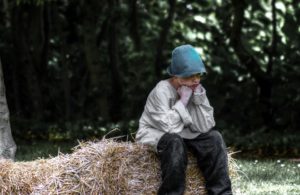Latest Articles
Learning in a Rapidly Evolving Healthcare Industry
The landscape of modern medicine shifts constantly. New treatments emerge, protocols update, and technologies advance at a pace that can feel breathless. For healthcare professionals,...
READ MORECommunication Without Speaking
Children possess a remarkable ability to connect and communicate, even when they do not share a common language. Their innate curiosity, creativity, and willingness to...
READ MORELearning Languages As Children
Learning a new language is often seen as a monumental task for adults, but for children, it can seem almost effortless. This difference has intrigued...
READ MORESharing Language Skills
Families today span the globe due to work situations and social mobility, and it can be a good way for them to encourage their children...
READ MOREReading and Writing Skills
The spoken form of language is what most children learn at home, but most societies require the skills of reading and writing for them to...
READ MORELearning The Mother Tongue
No matter where a child grows up, the original language they learn from their family is considered their mother tongue. The informal spoken version is...
READ MOREBi-lingual Home Environments
Society has become very mobile, and people move to foreign countries all the time. They might have originally thought to stay only a few years...
READ MORE

















